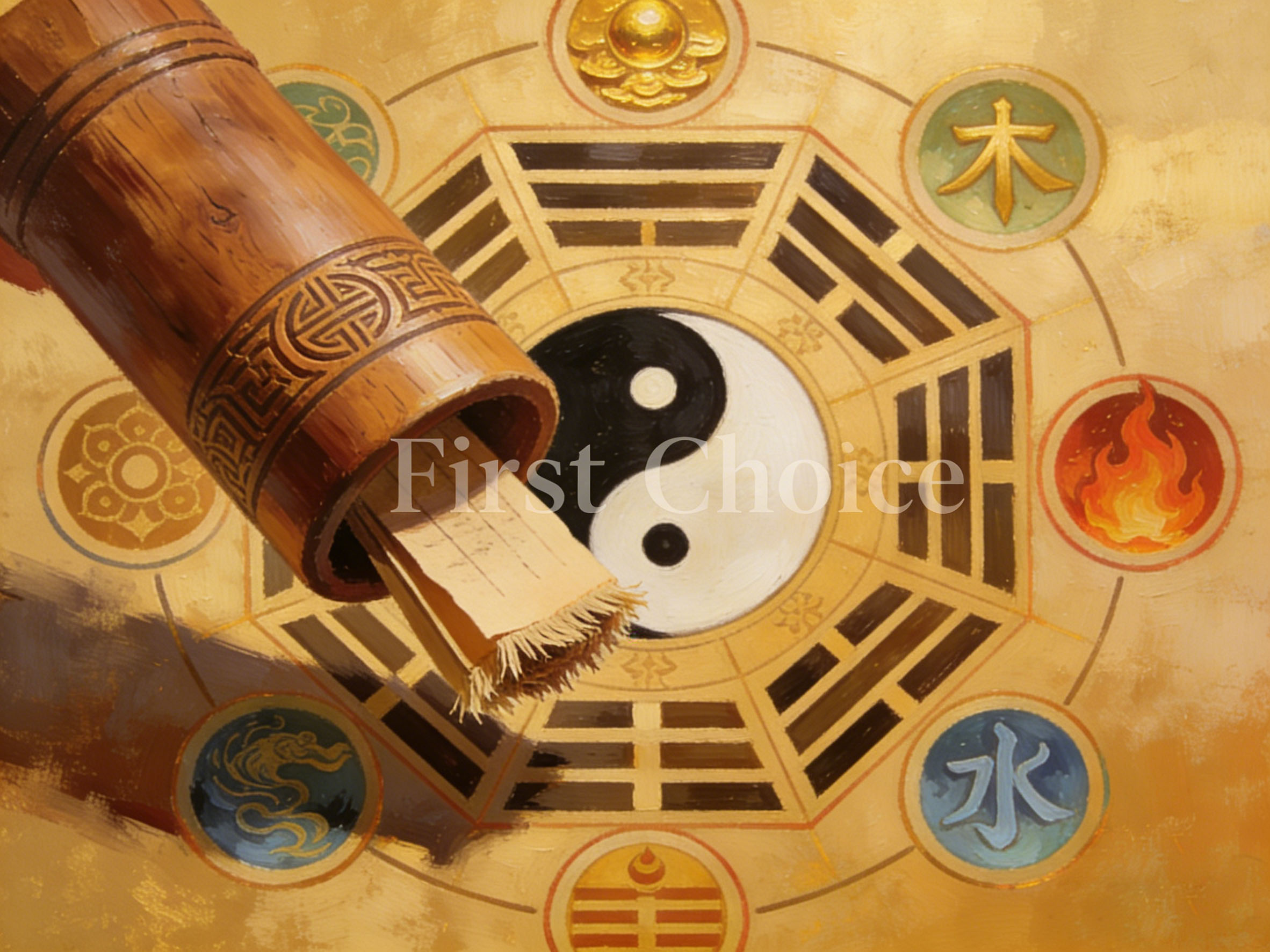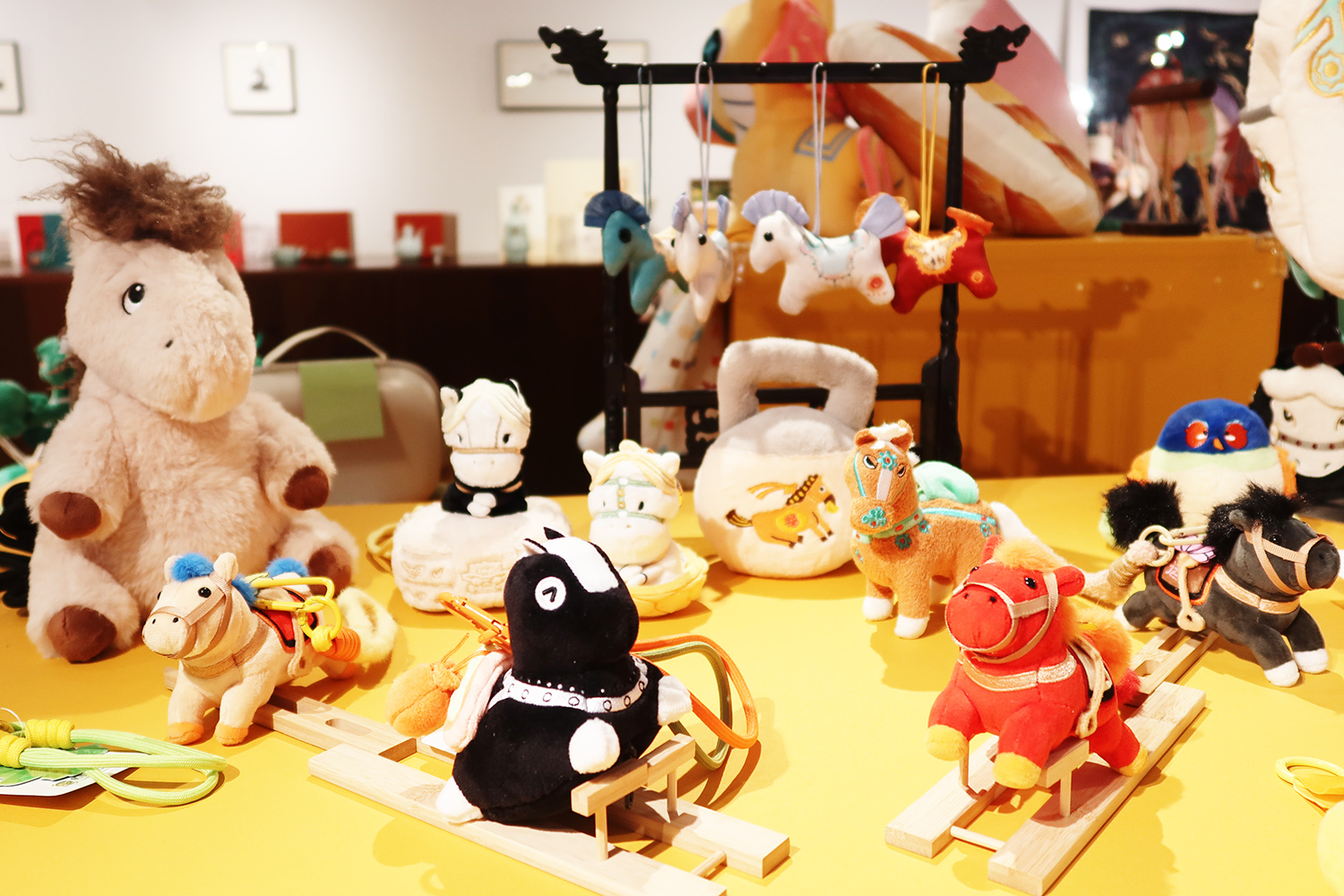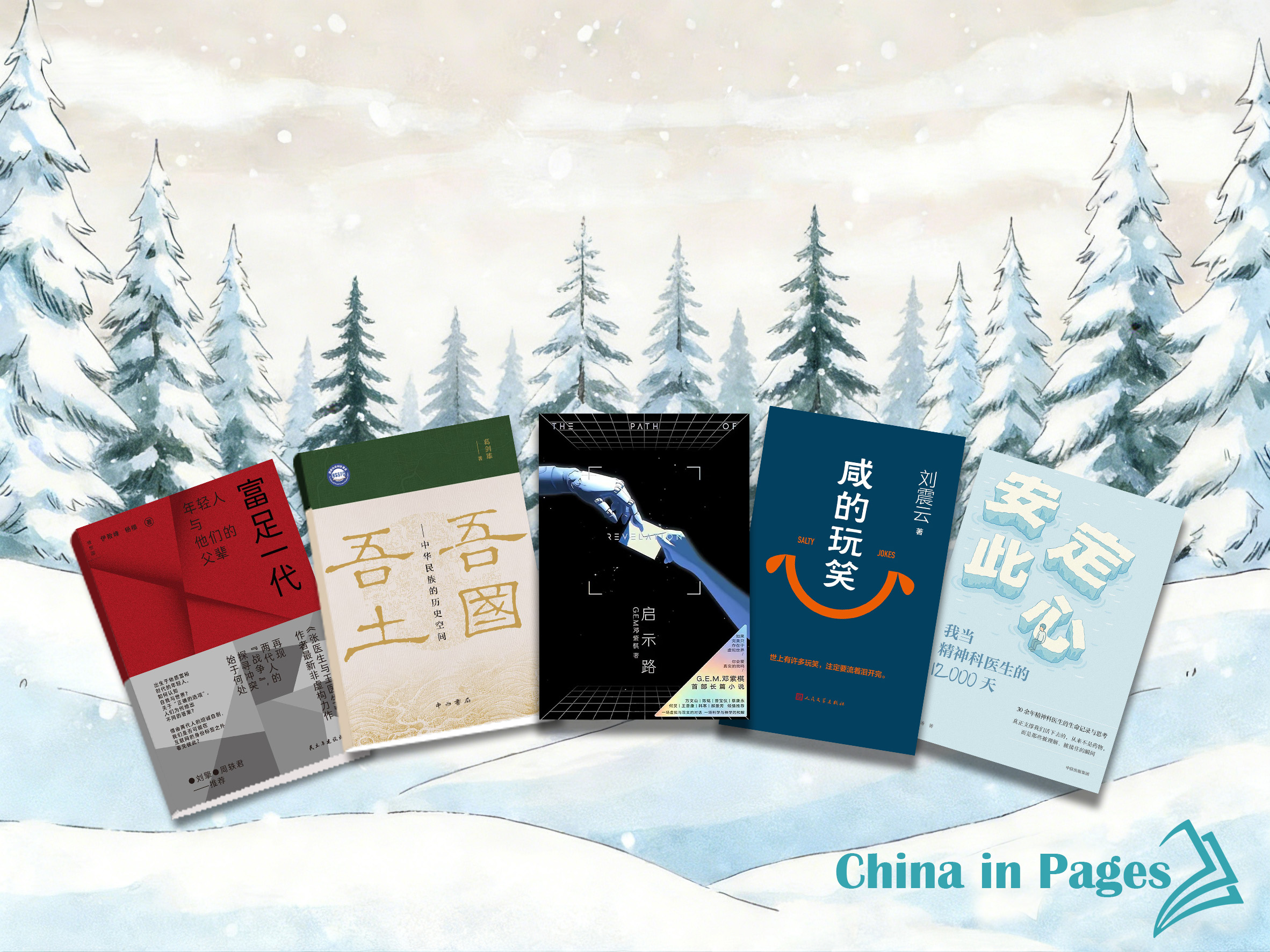Experts highlight the contrast between Western “zero-sum” thinking and China’s “Hehe” culture, emphasizing their impact on global relations and approaches to conflict resolution.
In today’s world, zero-sum (零和) and “Hehe” (和合), which means peace and cooperation, seem to have become two typical ways of thinking and perspectives for dealing with international affairs.
Tamara Prosic, a senior researcher in philosophy, history, and international studies at Monash University, explained how these two types differ dialectically, what the root cause of zero-sum thinking is, and what China’s “Hehe Culture” means to the world.
Struggle VS Unity
Tamara Prosic said, both Western and Chinese people think about the same questions. “For example, both West and China share that dialectical principle of struggle and unity of opposites. But what is the more important part of that? The Western world puts more attention on the struggle of opposites. While China places more attention on the unity of the opposites.” Therefore, the answers to a solution to a problem differ significantly.
Tamara Prosic analyzes international relations through dialectics, arguing that Western countries adopt “antagonistic dialectics”, while China practices “inclusivist dialectics.”
The dialectic principle has two parts: there is a struggle of opposites; then there is a unity of opposites. Tamara Prosic thinks the West places much more on this first part, which is antagonistic. “As my son told me, ‘It’s my way or highway’.”
China, on the other hand, places more attention on complementarity and unity of opposites. “Black cannot be black without white, white cannot be white without black. So Chinese culture understands that dynamism between the opposites and they are interlocked, not necessarily always in a struggle to cancel each other, and that they cannot exist without each other.”
Competitiveness VS Cooperation
“Historically speaking, I believe that the ‘zero-sum game’ is a uniquely Western product, which is a combination of Western culture with colonialism,” Tamara Prosic said, Capitalism means competitiveness. Therefore, in the West, they don’t always say win-win.
While “Hehe” culture means unity, cooperation, convergence, peace, harmony, and balance in simple terms. It is unity without uniformity or unity to diversity.
Written by Yetao Gu, additional reporting by CNS.
If you liked this article why not read: The New Path to Understanding a “Cool China”











